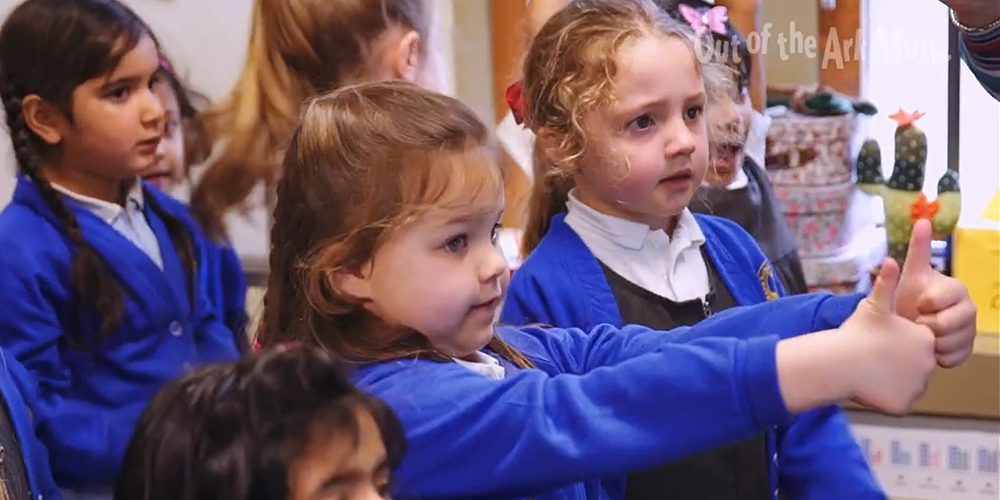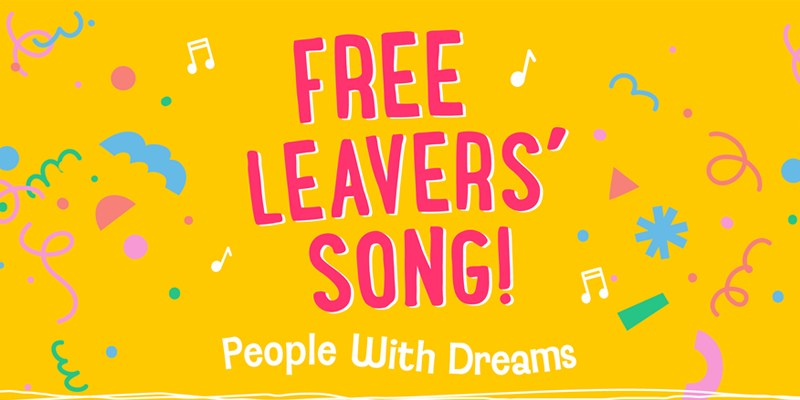
The contribution of music and other expressive arts activities in promoting the well-being and health of the school community is enormous.
Youth Music, a national charity investing in music-making projects, published a comprehensive review of children and young people's relationship with music. Their report The Sound of the Next Generation found that music really matters and sits at the centre of many young people's lives. They found, "Listening to music makes most young people feel happy; and the effects of making music are even more powerful than listening to it."
Lord Black, chair of the Royal College of Music, is a vociferous supporter of music in schools. In a debate in the House of Lords he noted that "By the time children leave primary school, one in five of them will have experienced mental health problems, and music is proven to help them find ways to cope with that."
Singing is one of the most accessible forms of music-making and there is something rather special about how it can feed our minds, bodies and souls. It really does make us feel well. Singing can feed and fuel a sense of happiness, it can lift moods and lead to a greater sense of personal, emotional and physical well-being. It's a natural anti-depressant and can strengthen our immune systems.
Despite the many benefits of singing, daily singing is rarely reported in primary schools and many teachers say they do not sing with their class, according to a 2019 survey published by UK record labels association the British Phonographic Industry. Ofsted found that many nursery teachers were too embarrassed to sing. But singing matters and should be at the heart of school music provision.
What does research say?
There is plenty of evidence to support just how good singing is for us. Research by Professor Graham Welch, Chair of Music at UCL, found that singing improved self-esteem, general confidence and self-efficacy, provided an outlet for feelings and supported inter-personal communication. He also found it strongly supported a sense of self and of being socially integrated.
Active engagement in group and community singing has been shown to be particularly powerful and research by the Sidney De Haan Research Centre for Arts and Health has show there are many positive effects of singing together in a choir. Launay et al (2015) also note that choral singing improves happiness, health and forges social bonds. It's not just adults that have all the fun either. Wills (2011) found singing to have a spiritual connection, influenced behaviour and self-esteem and inspired children "to flourish in other areas of school life".
Nurturing school environments are significant contributors to the health and well-being of pupils and according to research by Rickson, Reynolds and Legg (2018), group singing is:
- a fun and enjoyable activity that is motivating, equalising and accessible
- elicits positive emotions and engenders a strong sense of connectedness with friends and teachers
- energising and gets children moving and dancing
- something that distracts children from negativity, improves their mood and helps them to feel safe, calm and comfortable
- an activity that stops children feeling "stressed out"
- a purposeful and meaningful activity that can be empowering
- an opportunity to give their brains a rest
- a source of passion, ambition and inspiration
- helps children feel better about themselves and helps them feel ready to learn
- provides children with a strength that they can build on giving them confidence and feelings of pride
- an activity that gives them a sense of achievement
- helps improve or maintain learner well-being, especially in times of crisis
Getting children singing during challenging periods of the year (e.g. SATs) can also do them the world of good because it is a healthy release and can yield great results. Singing can:
- improve mood
- reduce stress
- lessen anxiety
- reduce depression
- improve memory
- improve cognitive performance
- ease pain
- provides comfort
Singing and music-making are the ultimate health boost because they promote connectedness, improve emotional intelligence, contribute to mental health and foster spiritual well-being. It's great therapy for the soul and you can actually sing yourself better. Singing doesn't have to cost a penny and could be the most effective way of addressing mental health issues in schools.
About John Dabell

John trained as a primary school teacher 25 years ago, starting his career in London and then he taught in a range of schools in the Midlands. In between teaching jobs, John worked as an Ofsted inspector, national in-service provider, project manager, writer and editor. He also worked for 6 years with Nottinghamshire Police. John now works as a writer, editor and resource reviewer.
Click here to post a comment.




